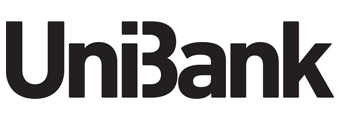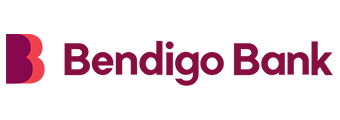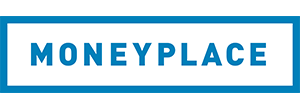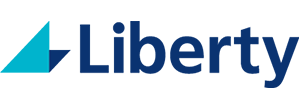Fact Checked
| Lender | Car Loan | Interest Rate | Comparison Rate* | Monthly Repayment | Interest Type | Secured Type | Early Exit Fee | Ongoing Fee | Upfront Fee | Total Repayment | Early Repayment | Instant Approval | Online Application | Tags | Row Tags | Features | Link | Compare | Promoted Product | Disclosure |
|---|---|---|---|---|---|---|---|---|---|---|---|---|---|---|---|---|---|---|---|---|
6.57% p.a. | 7.19% p.a. | $614 | Fixed | Unsecured | $150 | $0 | $250 | $22,090 |
| Promoted | Disclosure | |||||||||
16.95% p.a. | 32.99% p.a. | $713 | Fixed | Secured | – | $26 | $125 | $25,652 |
| Promoted | Disclosure | |||||||||
6.56% p.a. | 6.56% p.a. | $614 | Fixed | Unsecured | – | $594 | $0 | $22,087 | ||||||||||||
9.99% p.a. | 10.65% p.a. | $645 | Fixed | Unsecured | – | $5 | $199 | $23,229 | ||||||||||||
10.69% p.a. | 11.42% p.a. | $652 | Fixed | Secured | $0 | $0 | $499 | $23,466 | ||||||||||||
10.99% p.a. | 12.04% p.a. | $655 | Variable | Unsecured | – | $0 | $150 | $23,568 | ||||||||||||
11.89% p.a. | 12.18% p.a. | $663 | Variable | Unsecured | – | $0 | $195 | $23,876 | ||||||||||||
11.99% p.a. | 12.21% p.a. | $664 | Variable | Unsecured | $0 | $0 | $150 | $23,911 | ||||||||||||
12.49% p.a. | 13.37% p.a. | $669 | Fixed | Unsecured | $0 | $9 | $265 | $24,083 | ||||||||||||
16.99% p.a. | nu% p.a. | $713 | Variable | Unsecured | $0 | $12 | $150 | $25,666 | ||||||||||||
47.00% p.a. | 0.00% p.a. | $1,046 | Fixed | Secured | – | $0 | $400 | $37,640 | ||||||||||||
13.99% p.a. | 14.25% p.a. | $683 | Variable | Unsecured | $0 | $0 | $175 | $24,604 | ||||||||||||
13.74% p.a. | 14.80% p.a. | $681 | Variable | Secured | $0 | $0 | $150 | $24,517 | ||||||||||||
13.60% p.a. | 13.97% p.a. | $680 | Variable | Unsecured | $0 | $0 | $250 | $24,468 | ||||||||||||
12.79% p.a. | 14.89% p.a. | $672 | Fixed | Unsecured | $20 | $5 | $150 | $24,187 |
Frequently Asked Questions
If you have a bad credit history, you may find it more difficult to get approval from a lender for a debt consolidation loan. However, there are some lenders out there who may approve debt consolidation loans for people with bad credit. However, you may have to pay a higher interest rate than borrowers with good credit scores, which could actually end up being more expensive.
If you’re really struggling to make your debt repayments, there are plenty of resources available to help you out:
Your credit provider
Ask your lender what financial hardship options they have, such as a payment plan or the option to change the condition of your repayments to make them easier for you to keep up with. Lenders have hardship departments to help you manage your loan repayments so don’t be afraid to reach out.
National Debt Helpline
The National Debt Helpline is a not-for-profit service that offers free financial counselling to help you get back on track if you’re deep in debt. The financial counsellors can help you by assessing your financial situation, give advice on how to deal with your lender, and can help you work out a realistic payment plan for your debts. You can reach out to the National Debt Helpline on on 1800 007 007 or online on weekdays from 9:30am to 4:30pm.
Lifeline
Being in financial difficulty can also have an impact on your mental health. If you’re really struggling and need someone to talk to, you can reach out to Lifeline on 13 11 14 over the phone or online at any time of the day or night.
When you apply for a debt consolidation loan, it will appear on your credit report as a hard inquiry. Too many hard inquiries (too many applications for loans) will negatively impact your credit report which is why it’s important not to apply for too many loans at once.
Generally speaking though, demonstrating that you can consistently meet loan repayments over a period of time can help establish a positive repayment history which can actually help your credit score. This is because many banks in Australia are now required to use comprehensive credit reporting (CCR) which gives lenders a more complete picture of a borrower’s abilities by noting their good behaviours (such as making regular debt repayments) on their credit report.






















